The Force Remains With 'The Last Jedi'
I was understandably captivated with Star Wars. I had the action figures. I read the comics. I listened to the soundtrack album constantly. I drank it all in, and I swam ably and as often as I could in its cinematic ocean. True, I had first wanted to grow up to be Star Trek’s Captain Kirk, but Luke Skywalker? Where Kirk had swagger, Luke wrapped himself in a kind of youthful optimism that made you think he, too, probably relished the prospect of going where no man had gone before. Young Skywalker was about as admirable a second place as a young guy my age could want, though perhaps a bit too whiny to legitimately be called ‘a new hope’ when he was.
In a manner many storytellers have tried to understand and replicate, Star Wars lit the fuse for a generation of moviegoers, exploding into our collective consciousness the way only the best space fantasies always have. One of those truly inspired by all things Lucas was a young JJ Abrams, the auteur eventually tasked with bringing the franchise back to silver screens everywhere with The Force Awakens (2015). With it, Abrams paved the way for a new generation of heroes – Rey, Finn, and Poe – to carry the torch for audiences new and old, perhaps guaranteeing The Force will be with us (always) whether we wanted it or not.
Still, for all its studio polish, I found Awakens a creative ‘dud’ for many of the same reasons fanboys and girls my age did: it was simply too derivative.
To make matters worse, Abrams entire script postulated that all of the gains of that bold Original Trilogy truly amounted to nothing in the fate of the greater galaxy. The Rebellion – that fateful organization which returned freedom and free will to the Galactic Senate – was held in contempt by the surviving government. To the victors went none of the spoils; instead, Leia and company were forced to spin-off on their own into The Resistance. And The Empire? Well, it didn’t go away in the slightest. In fact, it just opened up shop under a new name, too: The First Order. Even had its own evil Emperor – Supreme Leader Snoke – at its head with its own Vader Jr. (Kylo Ren) as his enforcer. They dropped ‘The Sith’ and replaced it with ‘The Knights of Ren’... and you can probably see where I’m going with all of this. Nothing was new. Nothing was fresh. It was, simply, handed down.
Despite vanquishing the forces of evil, Luke and his friends weren’t so much as rewarded with a single Republic franchise for their effort. Abrams’ carefully undid everything the Original Trilogy accomplished: he simply erased the blackboard and started anew, bringing back a few familiar faces to … what? Make it all somehow seem fresh?
Thankfully, writer/director Rian Johnson shed so much of Abrams’ paper-thin ideas and simply focused on telling a story with 2017’s Star Wars: Episode VIII – The Last Jedi. Heck, he even dispatches a few of those unnecessary creations in pretty grand fashion, trimming the cast and giving the franchise a much-needed makeover for a new generation of Force-lovers. Now, The Last Jedi may not be perfect. It may not – at times – make perfect sense. But it’s the kind of wild ride audiences probably expect from the name ‘Walt Disney.’
Essentially what carries this film is the budding relationship between Rey and Kylo. Although there’s sadly still no explanation offered for Rey’s sudden onset of Jedi mastery, Kylo continues to wrench apart at the seams with each passing failure (and there are plenty). Though spiritually at odds, they’re somehow connected by what appears to be much more than just The Force. To their credit, Driver and Ridley have found a shared dramatic center, and Johnson’s script pushes the envelope in a weird kinda/sorta ‘will they or won’t they’ dynamic. There is goodness and evil pulling them apart in equal measure, and this duo get terrific mileage out of their galaxy-spanning tête-à-tête.
If those points aren’t enough, then how about:
- Luke’s motivation for leaving the galaxy high and dry might seem pure, but his personal predicament is a far cry from the young Jedi who just decades earlier would stop at nothing to save his friends and family from certain doom.
- Finn’s mysterious illness vanishes as quickly as it came. In its place? A mortal adversary – Captain Phasma – who never quite displays the moxie behind the vaunted reputation either film has given her.
- Poe’s inability to follow orders would likely have him grounded for life, if not thrown out of any respectable military ever.
- Snoke’s background remains shrouded in mystery, and – without ruining it – audiences might know nothing more of him. Ever.
- The Knights of Ren? They remain as elusive as our world’s Knights of Columbus.
- And Leia? Well, she managed to lead The Resistance nearly into oblivion, with no one in the galaxy seemingly noting nor caring. How’s that for leadership?
There are more quibbles, mind you, but I’m trying not to spoil some of what makes the film worth a viewing. I know, I know. Nitpicking, right? Well, if it’s “nitpicking” to want things to make narrative sense, then I suppose I am.
Like any good carnival attraction, it’ll have you on the edge of your seat as you ride over the rails. Unlike The Force Awakens (which I found to be one of the worst big budget examples of fan fiction ever produced), Jedi captures the spirit of high adventure that mostly made the Original Trilogy a bucket of fun. The Force is back the way it was always meant to be – an almost lyrical current beneath the galaxy at large – and, despite the ominous title, it’s clear to this viewer that those rascally warriors with their laser swords are always only a generation away.

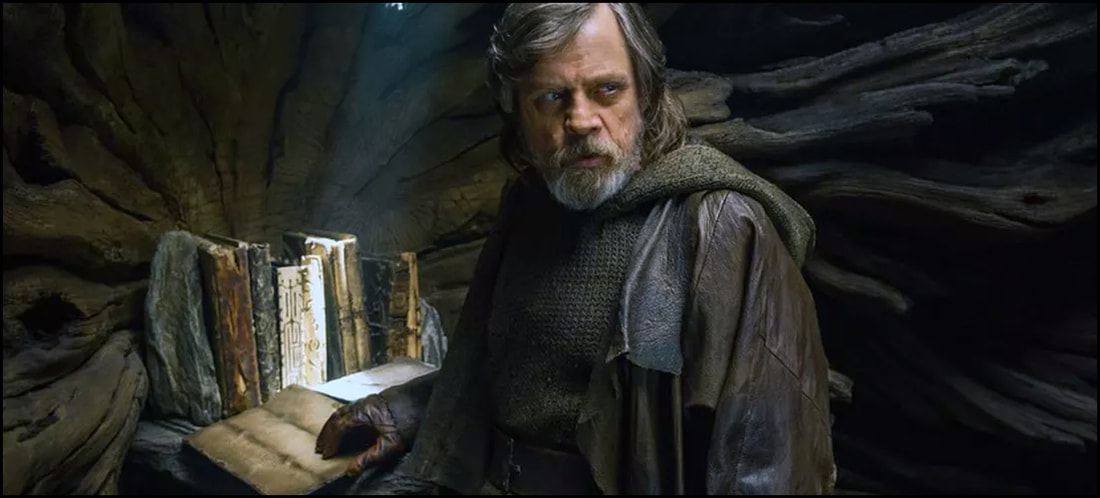
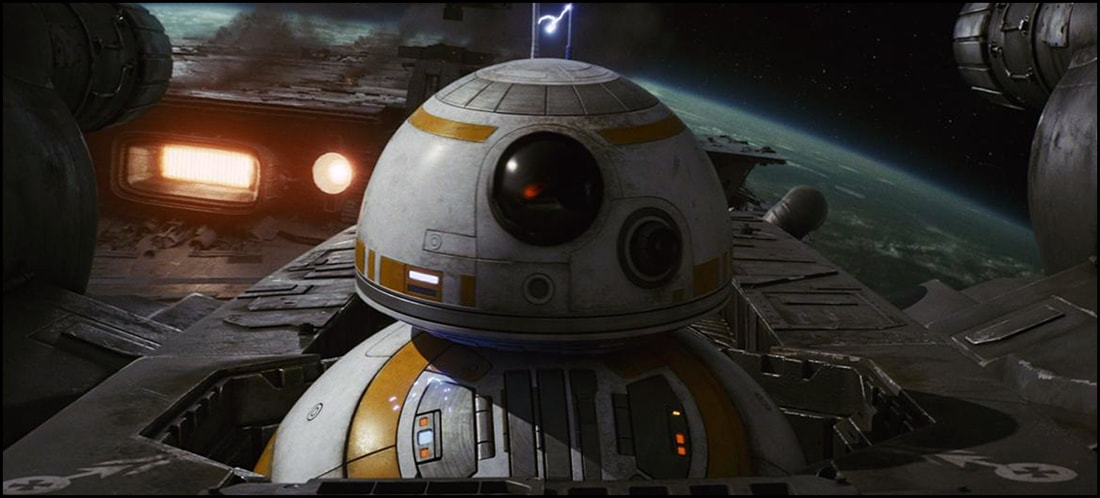
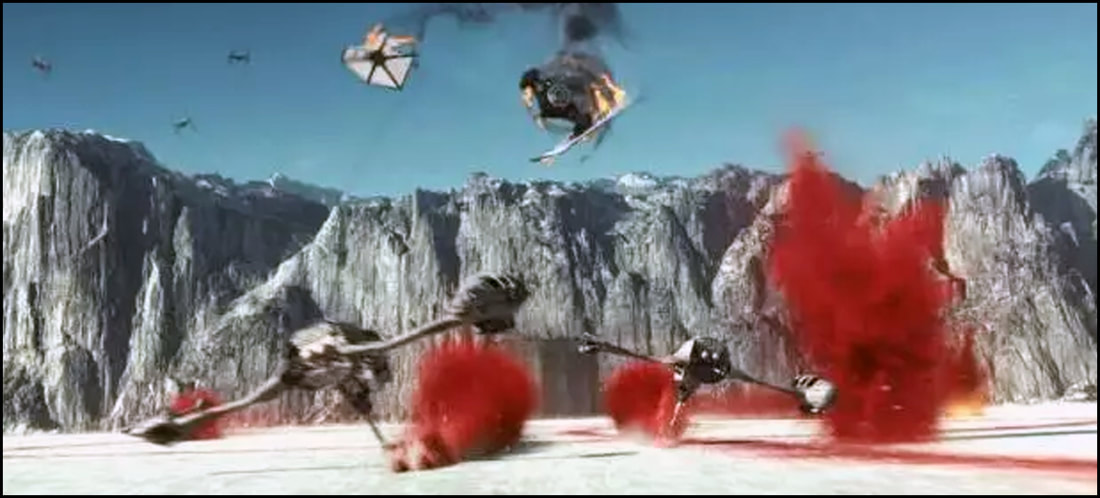
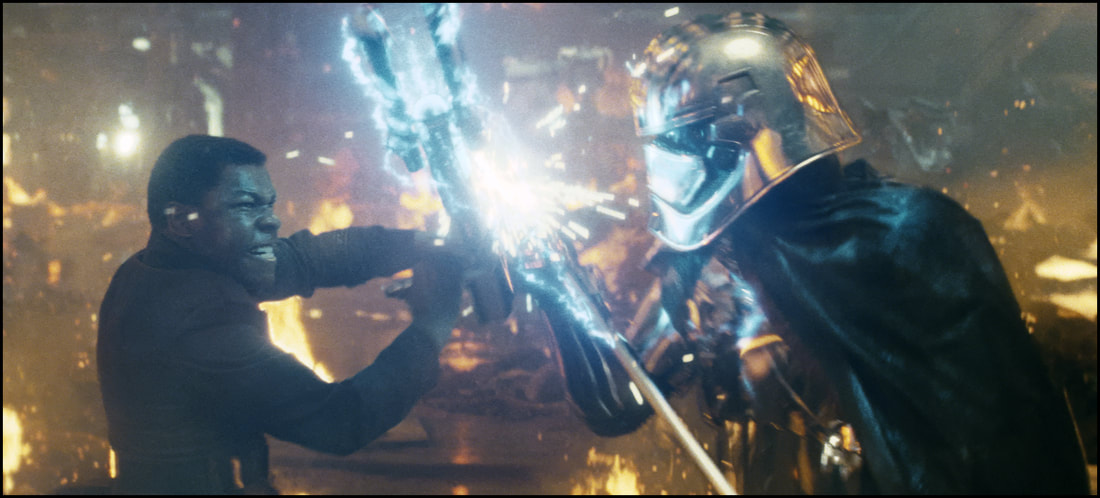
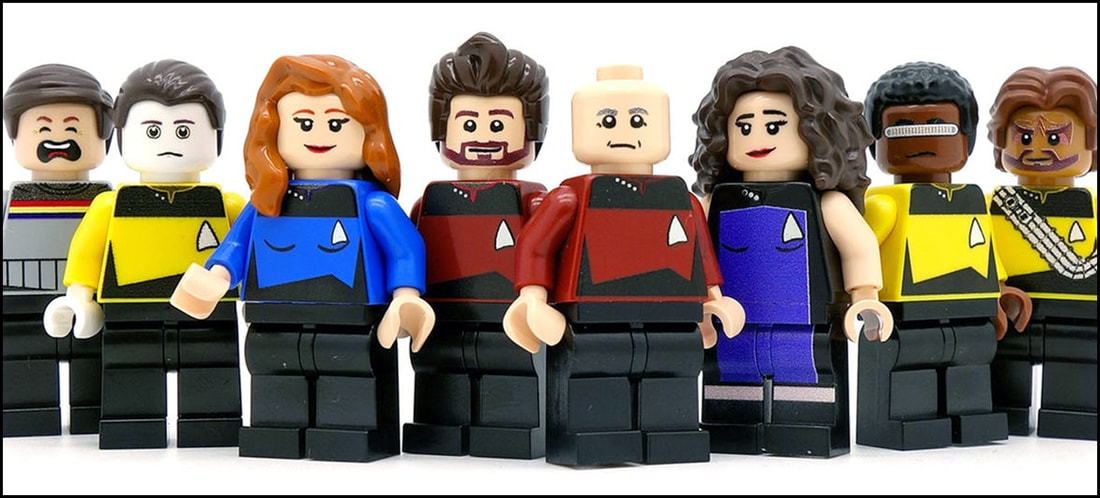
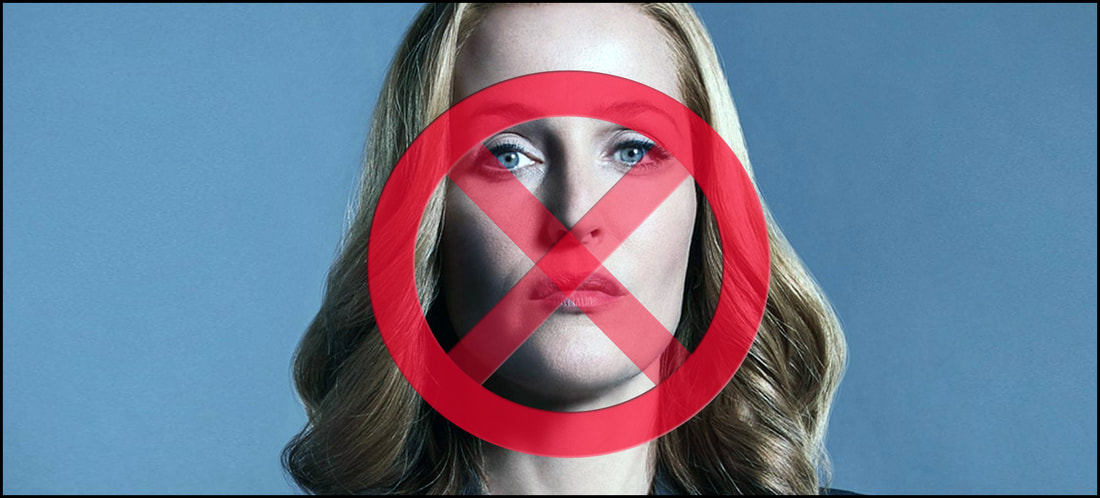
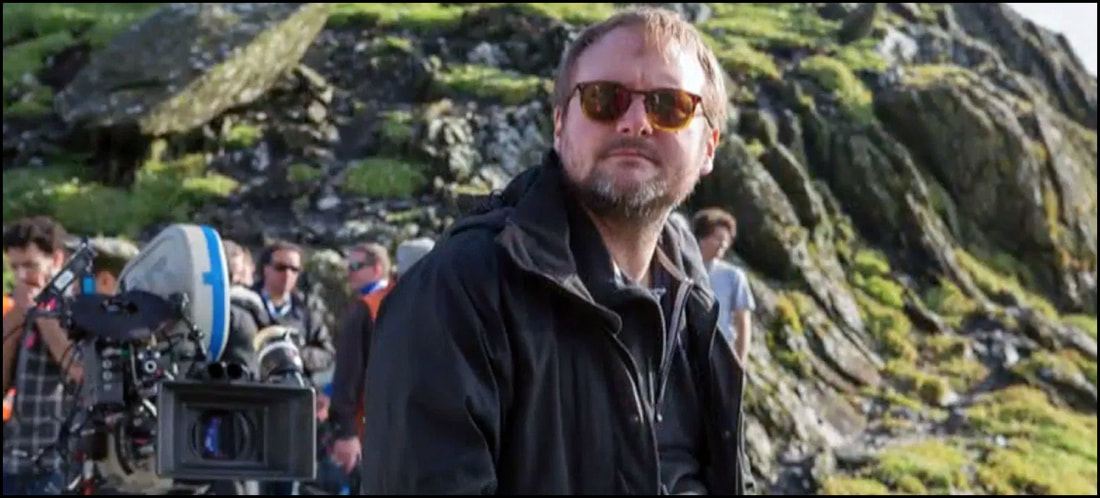
 RSS Feed
RSS Feed